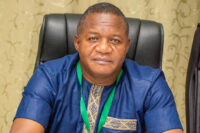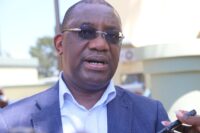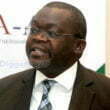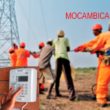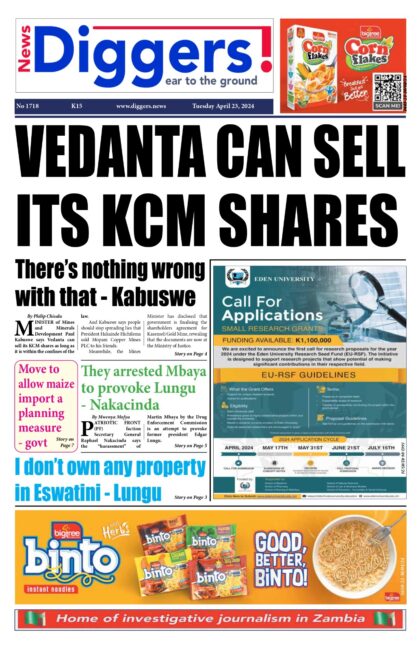MINISTER of Energy Mathew Nkhuwa says the recent regulatory and statutory changes make it clear that all transmission and distribution lines in the country are declared as Common Carrier to facilitate a move towards a competitive market.
In a statement, Tuesday, Nkhuwa stated that the National Energy Policy and its accompanying legal instruments would encourage competition and facilitate a gradual shift away from the single-buyer model.
“The Ministry of Energy (MOE) is spearheading a sector wide reform process aimed at fostering development of the Power Sector in response to climate change, in particular the need to address power deficits at times of reduced water levels. This is demonstrated in the recent adoption of the National Energy Policy (NEP) of 2019 as well as enactment of the Electricity Act No.ll of 2019 and Energy Regulation Act No. 12 of 2019. The National Energy Policy 2019 and its accompanying legal instruments aim to attract strategically-aligned partners to the Country’s electricity sector and attract private sector participation. This will encourage competition and facilitate a gradual shift away from the single-buyer model. The recent regulatory and statutory changes also make it clear that all transmission and distribution lines in the country (irrespective of ownership) are declared as Common Carrier – this is to facilitate a move towards a competitive market,” Nkhuwa stated.
He stated that Zambia still remained very open to private energy projects.
“Government is also aware of recent developments that may have been misconstrued or caused uncertainty among private players in the Electricity Supply Industry (ESI), notably the recent deal for 600 Mega-watts (MW) of Solar-PV signed between ZESCO Limited and Power China. As Minister in charge of the Energy Sector, I wish to stress that this development should not be misinterpreted; Zambia remains very much open to Private Projects. Indeed, studies undertaken so far indicate that the current grid infrastructure is capable of absorbing in excess of 1000 MW of power from intermittent energy sources by 2025 and substantially more, going forward,” stated Nkhuwa.
“As such the Ministry of Energy together with all concerned Private Players and Cooperating Partners will continue to support implementation of various initiatives in the Power Sector that promote participation of the Private Sector and ensure the smooth implementation of on-going programs such as the Global Energy Transfer Feed in Tariff (GETFIT) Program and the Intermediary Power Off-taker Concept as approved by Cabinet. Further, it should be noted that MOE will continue to embrace other new and innovative approaches aimed at developing the power sector.”
The minister further reiterated government’s open-door policy and commitment towards promotion of private sector participation in the development of a robust, diversified and secure power sector in Zambia.





